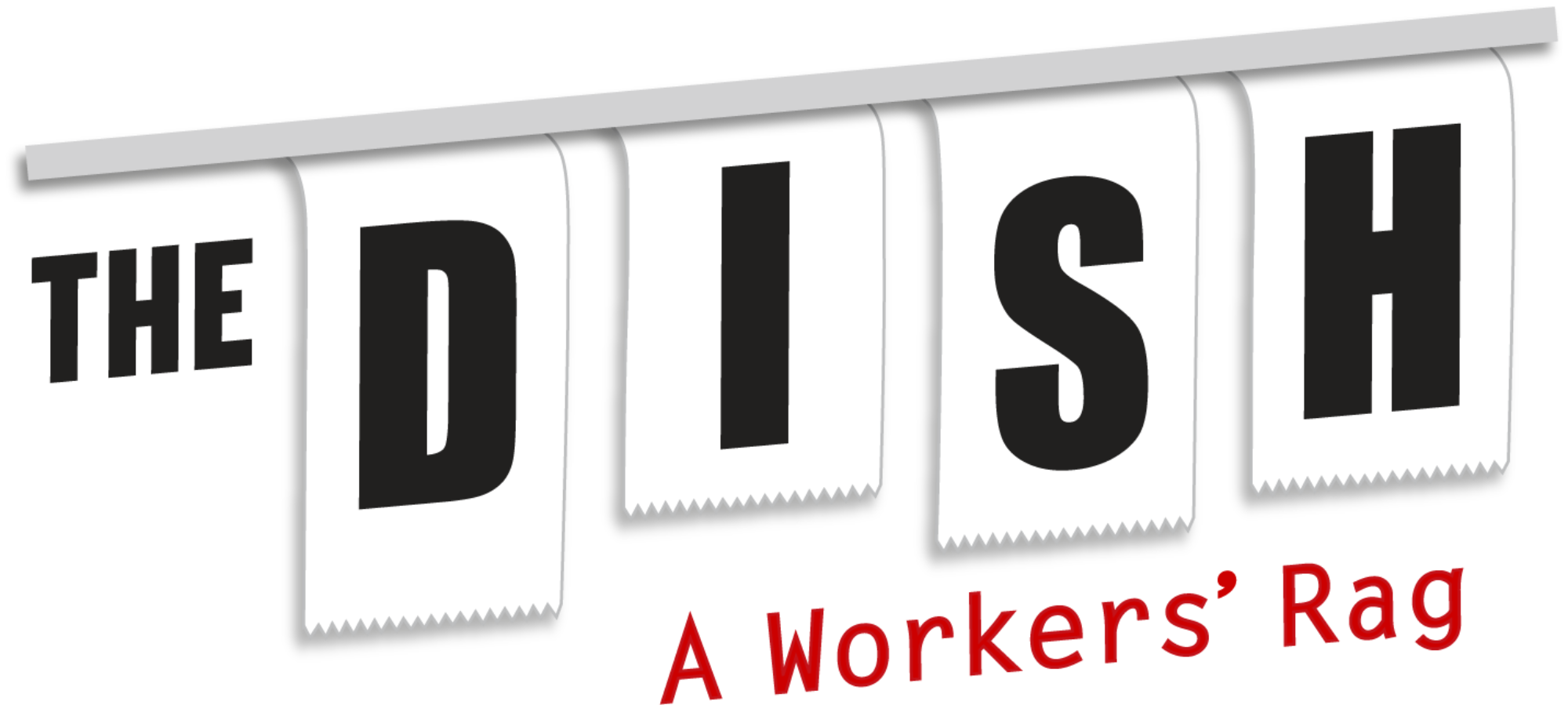Heralded as the most sweeping labor legislation since the 1930s, the Protecting the Right to Organize (PRO) Act would expand various labor protections related to employees’ right to organize and collectively bargain in the workplace. The transformative bill aims to strengthen unions and the rights of those wishing to form unions.
Reintroduced in the House of Representatives in February 2021, after passing a year prior, it has inspired an outpouring of mobilization efforts aimed at flipping Senators in key states. And it’s not just labor-focused folks who are talking, the PRO Act has been covered by major news outlets across the country, sparking conversations around the water cooler, or in the walk-in, as it were.
What’s most intriguing about the PRO Act is that many of the protections offered are not already in place: for example, you currently have no private right of action (you have to first go through the National Labor Review Board before you are allowed to sue), you can be forced to attend captive audience meetings, the NLRB is not allowed to levy fines and penalties against businesses, to name a few. The PRO Act aims to modernize the union election process as well. When we see the rights we don’t have spelled out as something we could have, it gives us a path to a more just workplace.
Here are three aspects of the PRO Act that could potentially have a big impact for service industry workers:
- Expanded supervisor definition: More people equals more power. The first obstacle in many collective bargaining efforts is low-level management; the PRO Act expands the definition of employee to include those that are “directing the work” of others (as long as it’s not the majority of their workday). By including supervisors in the definition of employers, someone like a shift lead or sous chef could potentially join your restaurant’s organizing efforts and eventually, union.
- Secondary boycotts/strikes: There are many possibilities with this proposal. The law currently prevents unions from picketing, boycotting or striking against any employer not their own, such as vendors. For instance, if your restaurant was unionized and doing business with a vendor that is harassing their workers, you and your coworkers could picket outside the vendor’s establishment. This would give unionized workers immense power to exert pressure on businesses their restaurant interacts with, whether the other businesses workers are unionized or not. We would be able to tap into a wide network of support at each step in the proverbial food chain that makes up the restaurant industry.
- Email ballots: One way to declare a union is through an election: a petition is filed with the NLRB; if the petition is approved, ballots are then sent out to all employees, who in turn fill them out and return them to be counted; if a majority of employees vote in favor, then the union is certified. The process is one fraught with tension, not only because the law currently favors the employer, but because the process itself is outdated. As with many issues in our industry, this has only been exacerbated by COVID. By providing the option to email ballots instead of requiring the use of mail-in or in-person ballots, it would considerably speed up the election process. It could also mean not giving out home addresses, which could endanger undocumented workers and exclude our unhoused coworkers.
These are only a few provisions covered in the bill, and many (more comprehensive) articles have been written that go over it in more detail. Phrases like “joint-employer standard,” “NLRB,” and “concerted activity” aren’t phrases we necessarily encounter in our workaday lives. However, when we educate ourselves as laborers, we make ourselves into better organizers, and our fluency in basic labor law terminology will help us build a solid understanding of our rights.
Even if the PRO Act passes, it will do nothing for us if we can’t organize ourselves. We need to build strong foundations in our workplace so we can take advantage of these potential protections. Let’s not limit ourselves by only thinking of the cooks and the servers, but the farm workers harvesting the crops, the vendors delivering the ingredients to us and the delivery drivers taking the food to the customer. When we include the entire restaurant ecosystem (and all the ways labor laws intersect with immigration and the environment) in our organizing, we create a vast network of solidarity that supports every worker.
